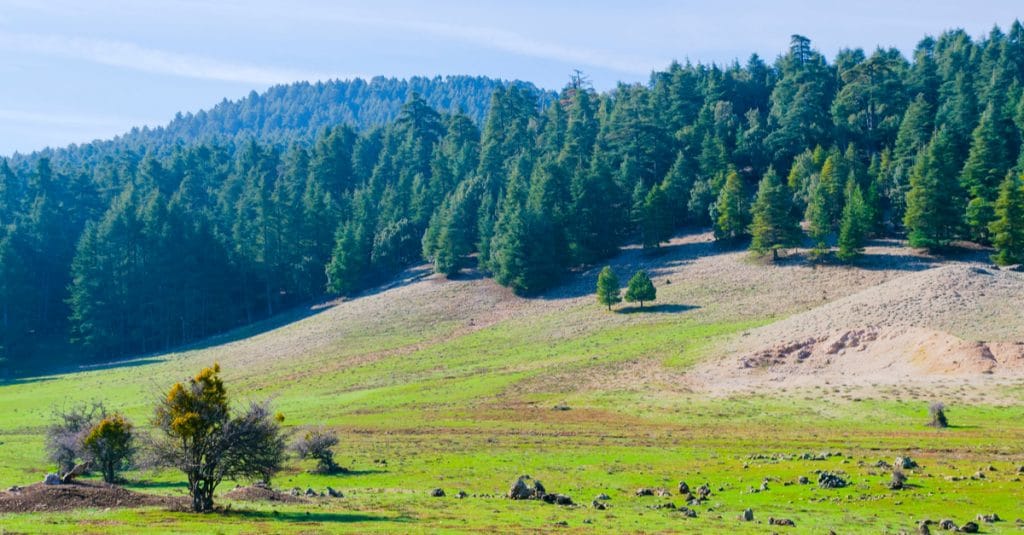As part of the activities marking the celebration of the International Day of Forests on 21 March 2022, Morocco’s Department of Water and Forests is launching its management plan for degraded forests, including participatory capacity building approaches and a socio-economic development plan. “This management plan consists of a pilot test on 3,423 hectares of land designated for restoration with the involvement of local stakeholders,” explains project manager Alessandra Sensi, an environment and forestry expert from the Union for the Mediterranean (UfM).
In addition to its participatory approach based on capacity building and a socio-economic development plan, the plan to restore degraded forests will also focus on addressing the main causes of biodiversity loss in Morocco. These include habitat degradation and loss, overexploitation and the negative effects of climate change, and unsustainable natural resource management.
Implementation of the plan in the Maâmora
The management plan for Morocco’s degraded forests is part of the project “Scaling up forest and landscape restoration to restore biodiversity and promote joint approaches to mitigation and adaptation”, implemented by the UfM and the Food and Agriculture Organization of the United Nations (FAO). With a budget of €1.8 million, this four-year project is the Mediterranean component of a global project launched in 2018, entitled “The Paris Agreement in Action: Scaling up forest and landscape restoration to achieve nationally determined contributions (NDCs)”. It consists of activities at pre-selected sites in Morocco and Lebanon, with the aim of implementing forest and landscape restoration.
Read also- MOROCCO: Rabat strengthens Canadair fleet to fight forest fires
In Morocco, the pre-selected site covers an area of 3,423 hectares in the Maâmora, considered the largest cork oak forest in Morocco and probably in the world, located in the north of the country. Covering 55,000 hectares, the Maâmora forest is a recreational area for the inhabitants of the major cities (Rabat, Salé, Khémisset and Kénitra), and the main source of income for the local population (estimated at 300,000 inhabitants in 2006), whose needs are growing over the years.
Boris Ngounou
